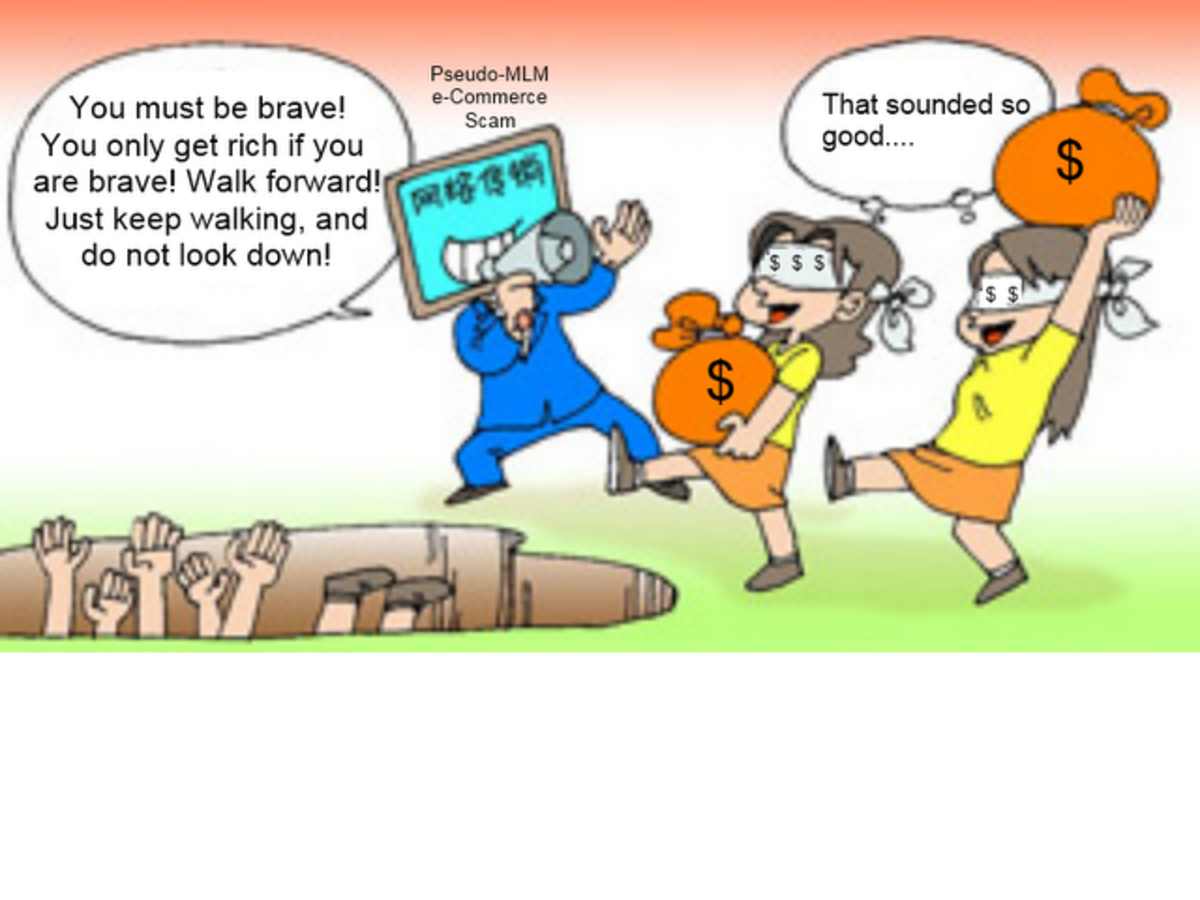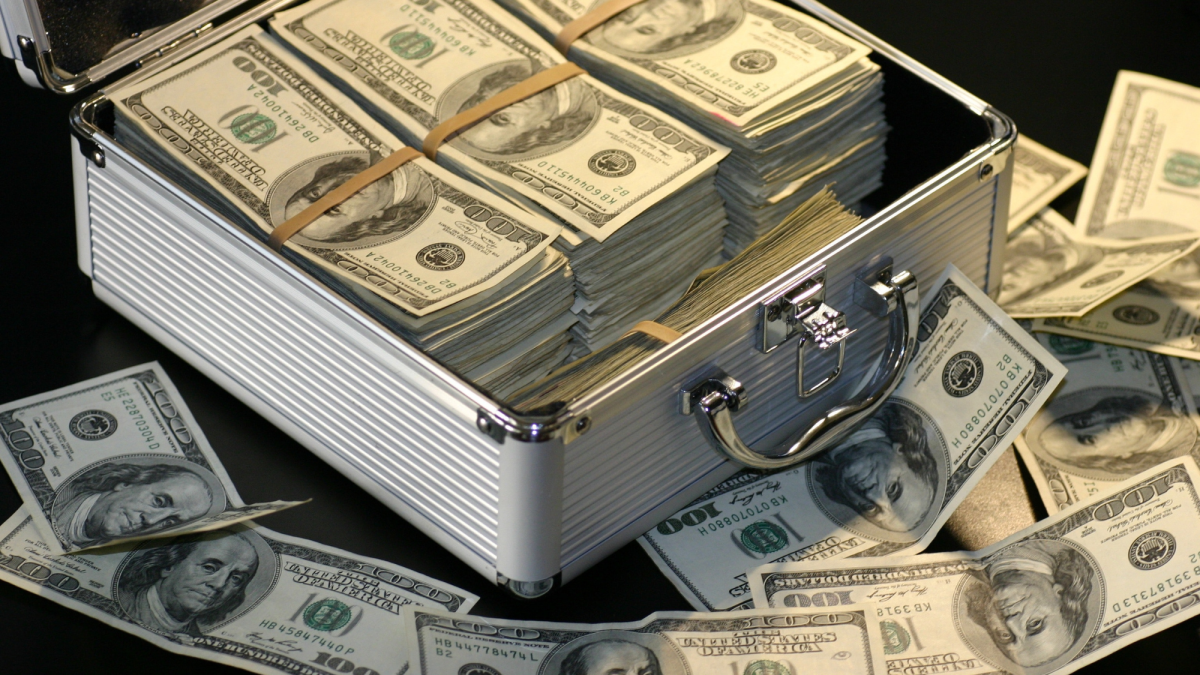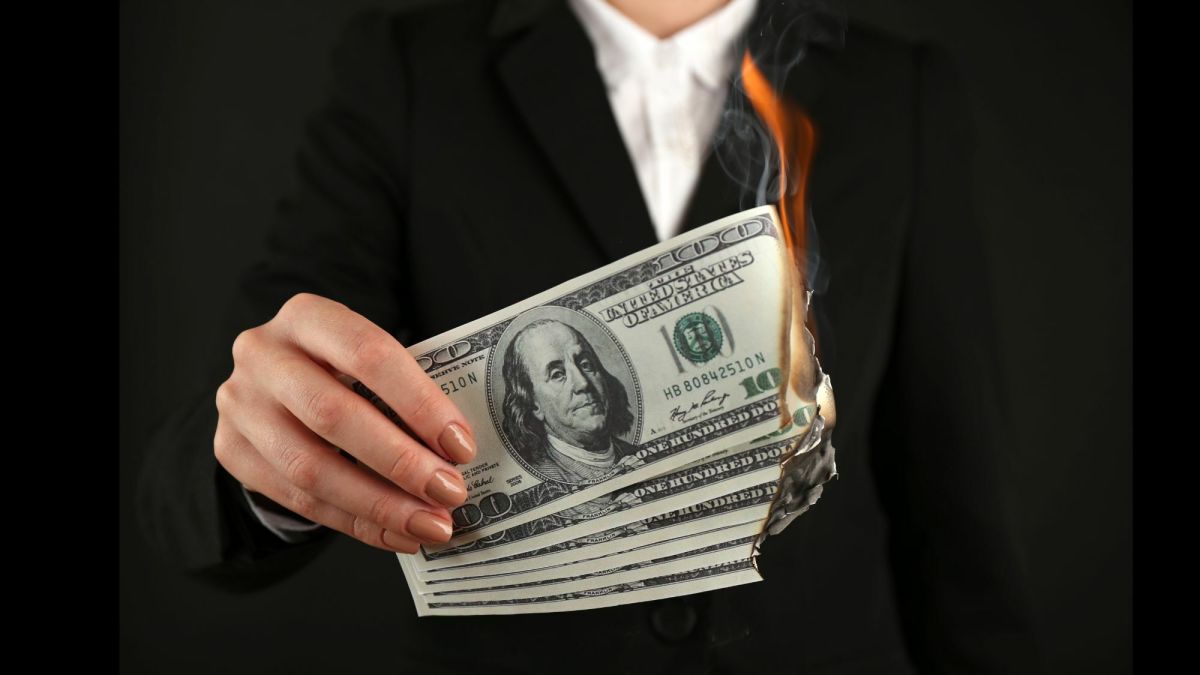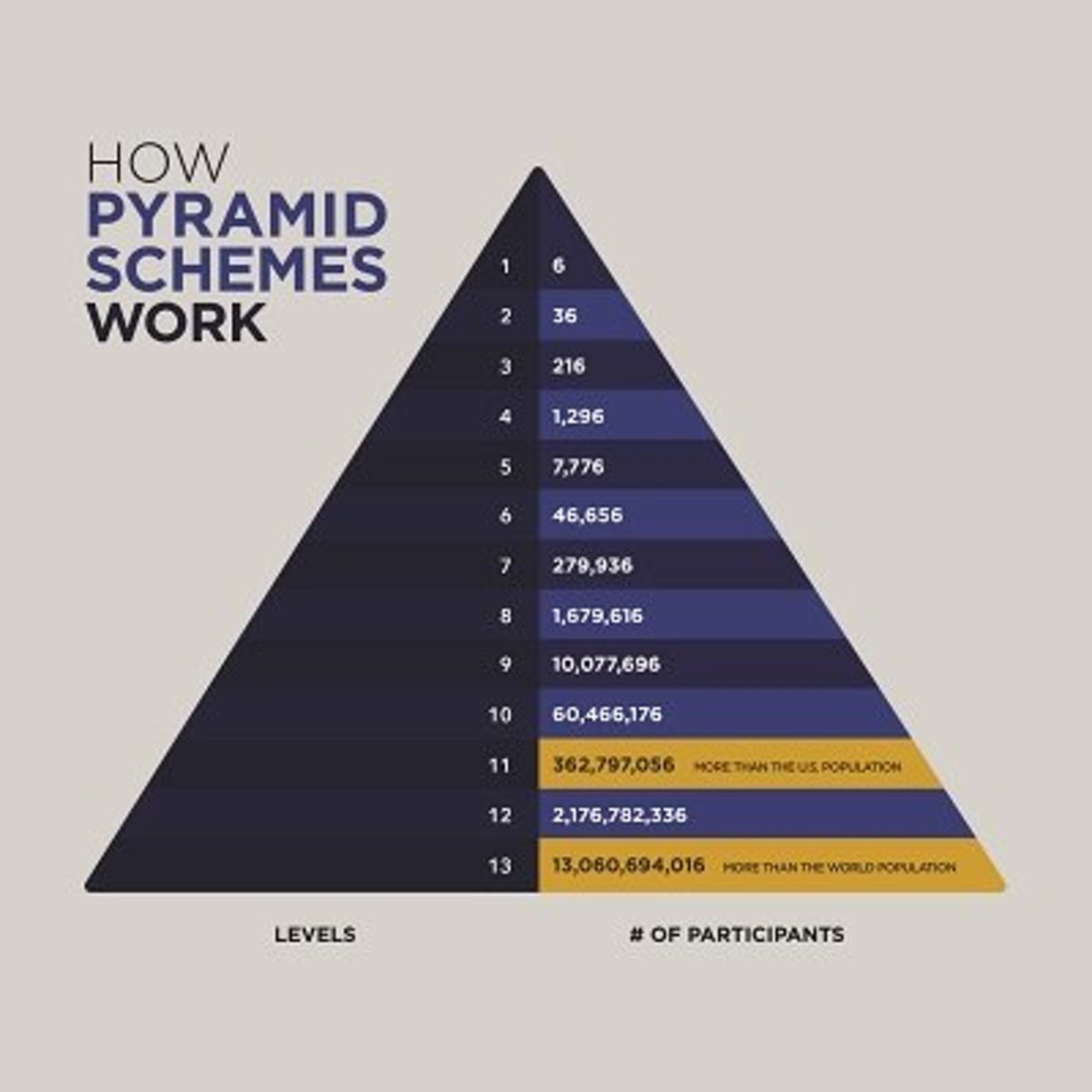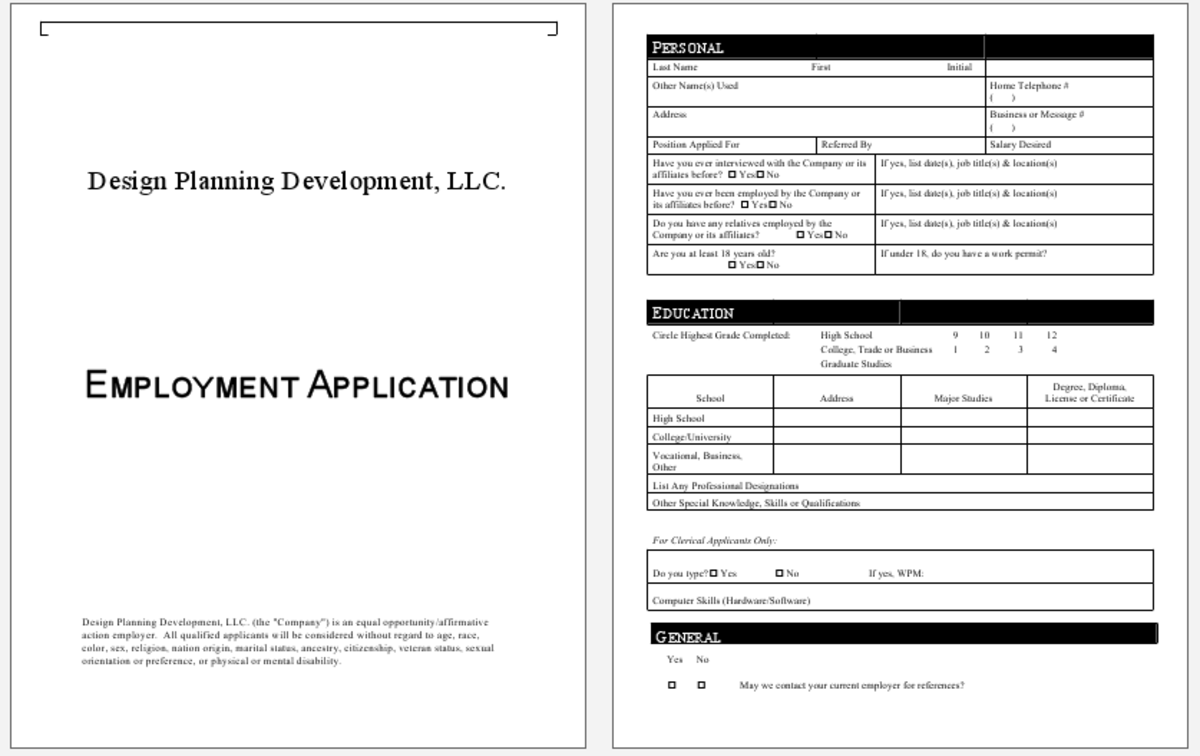When a Scam Becomes a Cult, what makes it possible, and how to prevent it: pyramid scheme can topple nations
Introduction
Let me tell you a true story.
A company was launched, in a relatively poor country, in a corner or Asia, South America, or one of those former Soviet republics. The founder promise to change the life of all participants. The catch? Every participant must recruit / sponsor more participants. Tremendous income is promised if this is done... Enough income to change one's life for much better, something the participants normally do not have access to, or could even hope for.
People signed up, a few at first, then the tipping point has been reached, and the opportunity spread like an epidemic, gathering a million members in less than two years.
Then the problem started. Governments started looking at the opportunity, and found it be a Ponzi / Pyramid scheme: the money from the latecomers are used to pay off the early joiners. The company is probably also used as a front for illegal activities. So the government broke up the company, arrested the founder, and charged him with fraud.
The followers rioted... Some to vent frustration against the company, some to vent frustration against the government for not protecting them, and some... to protest against the government, wanting the company to be reopened, and the government to leave them alone, so they can keep earning money.
The situation got bad enough, the government was toppled.
Nightmare scenario? Certainly.
But it has happened. Not only once, but TWICE.
And a third one is brewing right now.
Such is the power of the "cult of scam".
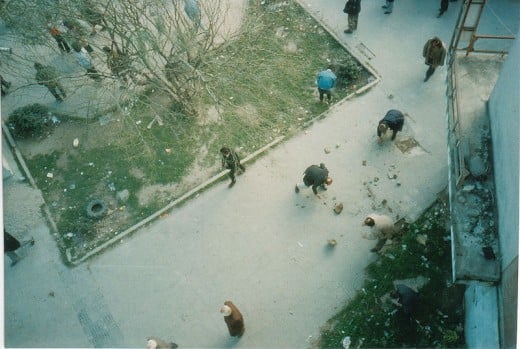
The Albanian Lottery Uprising (1997)
In the Mid-1990's, Albania converted from command economy to a more capitalistic free economy. Unfortunately, its government have no experience against Ponzi schemes, esp. sophisticated ones. Some of them are fronts for smuggling operations (into then embargoed Yugoslavia) and money laundering. Many promised interest rates of like 5% PER MONTH.
By end of 1996, it was estimated that out of 3 million citizens in the country, 2/3s were involved in one of many schemes around the country, totaling over 1 BILLION dollars, almost 10% of the country's Gross Domestic Product (GDP). Money started to dry up, and schemes are starting to offer impossible rates: "double your money in two months" was one such offer. When government got involved, the warning was not taken seriously. Instead, it was derided as "attempt by government to shut down some of the most successful firms in Albania".
The lifting of Yugoslav embargo mean end of cash flow, and the Ponzi schemes started to collapse by January 1997. Protests broke out in the streets when it was revealed that some government officials had supported some of these schemes. The protests soon turned into full-blown riots.
By March 1997, Police stations and army barracks were looted and burned, and their weapons and equipment captured by the mobs and gangs. Various countries sent in their military to evacuate their citizens in Albania, including the US. Armed gangs (many former soldiers) took over the countryside. UN passed resolution authorizing deployment of 7000 soldiers to restore peace and order in Albania.
During the next few months, the riots turned into a full blown insurgency and civil war between north vs. south Albania. However, UN soldiers were able to slowly restore order, and a new election was setup for June 1997.
President of Albania resigned on July 24th, 1997, handing over power to a new president, ending the insurgency.
Over 2000 had died during this "Lottery Uprising". Some estimates are as high as 3000 deaths and over 5000 wounded. The chaos also resulted in spike of inflation (to over 40%, according to IMF) major drop in imports (by 25%), are measurable. The effect on the people is not so easily measured.
Pyramid schemes destroyed the government of Albania.
Learn more about Lottery Uprising of 1997 on Wikipedia
Learn more about the Albania Pyramid Crisis from International Monetary Fund paper

The Colombia Pyramid Emergency (2008)
In 2008, country of Colombia, under president Alvaro Uribe, faced a financial crisis that almost derailed the administration, when pyramid schemes spread throughout the country. The country is in the midst of a transformation, trying to move away from the narco-economy funded by drug cartels. People, deprived of their narco-income, latched onto pyramid schemes as their new dream out of poverty. Cartels are looking for new ways to launder their income. The combination cost Uribe his chance at a third term in office.
And it all started with one guy: David Murcia Guzman, and his company, DMG Grupo Holdings.
David Murcia Guzman is either the rags-to-riches story you wish happened to you, or one of the new non-violent multi-national crooks that bought governments and caused Colombia President Uribe to lose his chance for a third term in office.
David Murcia Guzman, usually just known as David Murcia, is born of humble origins in Northeastern Colombia, and has received only high school education. He later became a cameraman and helped in several films, but found no future. He drifted south into Putumayo province of Colombia and wandered for several years, with no certain future, until he ran into a self-help book proclaiming riches through MLM sales of health products.
In 2004-5, by obtaining a relatively small loan (of unknown origin) of about $500 USD, he started going door to door, selling health supplements, and within a few years his business had a meteoric rise, and he hired staff to expand sales into multiple cities in the province, and soon out of the province as well. It is then he started organizing his new venture... prepaid cards that can be used at his various ventures, everything from groceries to plastic surgery, from his various ventures and affiliates. He also promised to give back up to 150% of the original cash value of the card depending on the amount of the card purchased and how many other people the buyer can recruit (who also buy the cards).
Government of Colombia quickly realized it has a pyramid scheme on its hands, and DMG was not alone. There's also PROYECCIONNES DPRE, headed by Carlos Alfredo Suarez, which claimed 6 MILLION members in Colombia, and dozens of other similar schemes, all pulling in money. Suarez's scheme claimed to have endorsement of police chiefs, parliament members, and more, claiming legitimacy.
David Murcia had gotten so rich by this time many suspected he was also laundering money for the Colombia drug cartels. He moved to Panama, and booked entire floor of a hotel for his use (and of his staff). He apparently also bought a mansion there along with several yachts and in the garage are 12 exotic and ultra-luxury cars, though later he claimed he merely borrowed them with permission for an exhibition.
In November 2008 President Alvaro Uribe of Colombia, along with finance ministers and heads of justice department and police, outlawed pyramid schemes by declaring a "social emergency". By this time, the money in the country is drying up, and DPRE was promising as much as 150% interest PER MONTH. Police tracked down over 200 different schemes and offices were shut all over the country.
DPRE's founder Suarez disappeared in 2008, and is still at large today, believed to have escaped with a vast fortune. David Murcia was arrested in Panama, then extradited to Colombia where his celebrity attorney, upon learning the truth about DMG, quit on the spot. Murcia was convicted a year later, sentenced to 30 years in prison. It was estimated that he sucked in over two BILLION dollars, and lost at least 920 MILLION US Dollars.
Murcia was later extradited to the US where he was convicted of money laundering with 9 year sentence, and will be remanded to Colombia after his sentence was served. His properties in California and Florida, totally over 10 million dollars, was forfeited.
President Uribe was having a lot of success against the leftist guerrillas in Colombia and he was about to ask for a constitutional amendment to allow him to serve an unprecedented third term when it was revealed that two of his sons are good friends with David Murcia. Riots started to break out in various cities, curfews are declared, and riot police were brought in to restore order.
A group of David Murcia supporters staged demonstrations in Bogota, capital of Colombia, demanding the release of Murcia and reopening of DMG. They chanted "Believe in God and David Murcia". Some even staged a hunger strike.
The crisis eventually passed without further bloodshed, but the damage was done. Uribe did not get his third term. Only his earlier success against the FARC insurgents shielded him from prosecution for corruption.
Pyramid scheme(s) brought down the Uribe government of Colombia.
New York Times story on David Murcia in 2009
BBC report on David Murcia's Conviction in the US in 2010
Common Factors Between the Two Crises
Did you notice the common factors between the two?
1) Both countries have a vast number of poor uneducated citizens
Both countries have vast amount of "interior" spaces where there is little law and education. Education is almost a luxury for most. They don't see a way out through normal means, so when an extraordinary means come along, they are willing to "give it a chance".
2) Both countries have had a significant underground economy
In Colombia, it's the narco-economy. In Albania, it's the smuggling economy. Both means the profit must be laundered, and some sort of scheme to move the money is very much appreciated.
3) Both countries are going through severe economic stress
Albania was trying to transition from command economy into more free-market economy. Colombia was trying to transition from narco-economy into a more traditional economy. Neither economy is healthy.
Taken individually, the factors can be dealt with. When combined, the factors reach over the tipping point and start a downward spiral from which there is little escape.
Why Do People Believe In Scams?
We evaluate an opportunity by assessing three factors:
- cost -- time, money, social capital, and such you spent on an opportunity
- risk -- what are the odds of the opportunity actually working?
- value -- what do you get out of it if you do get it?
A scam works by messing with your assessment these three factors, often all three at once, usually by changing the rules after you committed.
For example, a mystery shopper scam would tell you a story about no-cost (other than time), no risk, great value (free stuff!) However what actually happens is there will be a cost (you have to apply, or you have to help them with a "refund"), risk is great (is that check real?) and value is doubtful (if check's fake, then value is ZERO). They changed the rules AFTER you committed. (Learn more about how scam mess with your assessment.)
Pyramid schemes are even more regular dangerous than a normal scam, because pyramid schemes affect large number of people, which would induce mob mentality, and spontaneous cult behavior.
Cult of Scam: why massive scam becomes a cult
In massive scam, such as pyramid scheme or Ponzi scheme that involved thousands, perhaps millions of people, believers tend to congregate, and start their own 'support groups', where they start to reinforce each other's beliefs. With advent of electronic communication, meetings can be held virtually via web forums (i.e. electronic bulletin boards), communication clients such as Internet chat clients, blogs, websites, and so on.
When large groups congregate, some people will dominate through sheer force of personality, even online, and those became the leaders. The result is a cult of personality. This may or may not be encouraged by the scheme itself, but it certainly will not be discouraged.
Following is a list of signs of a cult, from CultClinic. I will highlight a few of these signs, as those are the ones demonstrated by some of the followers of the scams above:
- Thinking in black and white terms
- Using a new language/cultic jargon
- Saying goodbye to all old friends and only seeing people affiliated with, or not critical of the cult
- Creating distance from family, especially during holidays and family events
- Euphoric, yet simultaneously tired and worn
- Humorless
- A change in diet and sleep patterns
- Low on money
- Poor grades
- A dismissal of their life prior to involvement with the group as "all bad"
- A change in goals, priorities, and life plan
- Return to child-like behavior
- Dogmatic adherence to new beliefs/ideas, with the inability, or lack of interest to logically assess these new beliefs
- Secrecy
What is Stockholm Syndrome?
In psychology, Stockholm syndrome is a term used to describe a real paradoxical psychological phenomenon wherein hostages expressempathy and have positive feelings towards their captors; sometimes to the point of defending them. These feelings are generally considered irrational in light of the danger or risk endured by the victims, who essentially mistake a lack of abuse from their captors as an act of kindness. (Wikipedia)
Scheme believers exhibit many of the signs listed above. Scam victims (i.e. scheme believers) are known to abandon friends and family, esp. those who are critical of the scam. They don't want to question the beliefs of the scam:, which is simply, "X is great, X will pay me. (Death to all opponents of X) " They sometimes even give themselves a new group name to increase their group identity (encouraged by the scam).
Indeed, we have seen instances, in the DMG group example above, that people are willing to compare David Murcia to God, and die for him (hunger strike).
That is a sure sign of a cult.
Is it Stockholm Syndrome? Are the victims REFUSING to believe the scam is out to hurt them, because their money been held hostage? Or is it the cult indoctrination that held them, "inverting reality" as some said?
A New Cult of Scam in 2011
Read the following quotes from actual comments, and decide for yourself, are these people in a cult? Some words have been blocked for now.
<COUNTRY> poor. Do u know why. coz some people like this word. Who r they. Who fight against <COMPANY> to get down. They are bad man of <COUNTRY>. Die badman of <COUNTRY>. if u die than we can earn. We can rich we want to hear <COUNTRY> is rich.
The <COMPANY> in this case, is a suspected scam under investigation and asset freeze by government agencies. This guy just called for death of his local government so he can keep on getting rich on this suspected scam.
How about this one? This guy is talking about the same company, how government had frozen its accounts.
But what about the people who have already put in thousands of <MONEY UNIT> into this, because of the govt. taking action, the current investors are also not getting their money back!! is that not wrong ? shouldn’t the govt protect the investors’ interest ?
This guy basically says because government is trying to prevent money from leaving the country, he's not getting paid, so he hates the government.
Both are exhibiting many of the signs of cult behavior as shown in the previous section: thinking in black and white, no interest in questioning the way the suspected scam works, so on and so forth. They think the government is out to hurt them instead of help them.
Wondering what scam this may be? It is called Speak Asia. The comments above were posted to "BehindMLM.com" which is linked here.
How to Prevent Pyramid Schemes
To prevent pyramid schemes, education is the primary method. When people are not educated, they can be overwhelmed with new information and cult brainwash tactics such as lovebombing and demonstration of wealth. Education also improves the overall prospect of the people.
The country's laws must support regulation of both normal and underground economy with clear definitions of what is legal and what is illegal. While pyramid schemes have been outlawed in most countries, the more recent versions are often disguised. Furthermore, with advent of internet, recruiting can happen across borders, further complicating enforcement.
Will India Follow Albania and Colombia?
Besides also ending in "ia", India shares the factors that made the massive Ponzi schemes possible in Albania and Colombia.
It has a vast number of uneducated poor citizens, with literacy below world average and largest illiterate population in the world. (link)
It has a significant underground economy, up to 70% of official economy by some estimates, may even be bigger than the "real" economy (link)
It has a significant economic stress, with massive income inequalities among other problems (link)
The Indian government has finally started full crackdown on SpeakAsia with arrest of some top officials. However, SpeakAsia is officially a Singaporean company and so far there are no words of arrest in Singapore. Indian officials claim well over 100 million USD have been siphoned off to Singapore by SpeakAsia and it is unlikely any will be recovered.
Is India next? Time will tell.
More on Scams
- 7 MLM Myths Busted: Product does NOT mean legal, ant...
Here are 7 myths about MLM's legality and what are the truth behind them. That MLM recruiter may have been passing you a myth instead of fact. - 9 signs Multi-Level Marketing MLM Opportunity is act...
Are you in a real MLM, or a fake MLM which is in reality a pyramid scheme in disguise? Here are 9 signs you must be aware of to not get scammed. - The 5 fatal flaws of Network Marketing: does your ML...
Multi-level marketing, i.e. MLM / network marketing, has five fundamental flaws that you need to know before you join.
How to Deal with Pyramid Schemes
International Monetary Fund (IMF) senior economist Chris Jarvis studied the issue and wrote a paper for IMF in which he have some recommendations to combat pyramid schemes:
- Swift investigation of suspect pyramid schemes. If they need help, ask for it (from IMF or other financial experts)
- If it is a pyramid scheme, close it IMMEDIATELY and freeze its assets, before it get too big (Albania was too late)
- Formally seize the frozen assets, then dispose of them to pay back any creditors, in a public manner
- Announce early on that government will NOT compensate individual creditors for their losses, but only recover what it can out of the scheme's seized assets. Any such compensation will like ruin the government financially, and is of dubious moral value.
It will not be easy, but the economy should recover if all these were done quickly.
Conclusion
Albania recovered, and Colombia is still going through the economic turmoil even now.
India is a bit late trying to shut down SpeakAsia (it had been operating for two years, and many other similar pyramid schemes had been operating just as long, if not longer) and will be dealing with the fallout for years to come.
Good luck, and let this be a lesson to all.
Do you know of a pyramid scheme? Were you in one?

